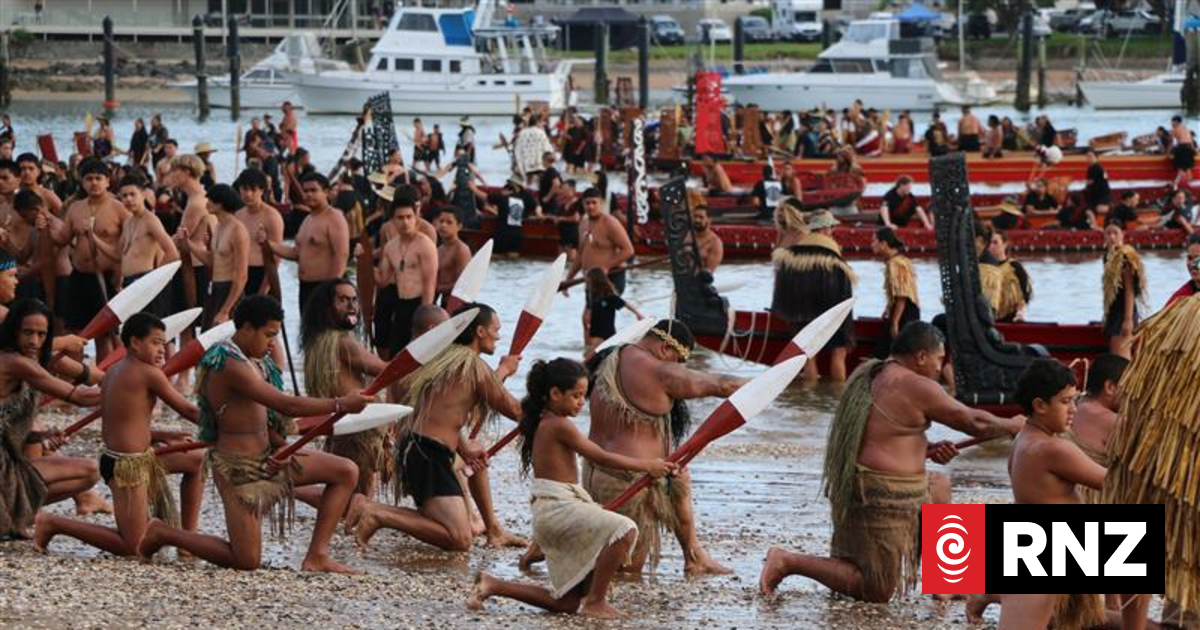Police at the Bank St, Whangārei, scene where Haze Peihopa was stabbed to death in June, 2021
Two brothers convicted over a street brawl where Whangārei man Haze Peihopa was stabbed to death will have their appeal against name suppression for them being dropped heard in Wellington in June.
As well, the younger brother will also have an appeal heard against his conviction and sentence.
In the High Court at Whangārei in March the older brother, who was 20 at the time of the brawl, was sentenced to 18 years’ jail, with a minimum non-parole period of seven-and-a-half years after earlier being found guilty of Peihopa’s murder in Bank St, Whangārei, on June 12, 2021. He was also sentenced on a charge of assault with intent to injure using a knife after he repeatedly swung it at another man during the street fight where Peihopa was killed.
The younger brother, who was 17 at the time, was convicted and discharged after earlier pleading guilty to a charge of injuring Peihopa with intent to injure after he kicked him in the head while he was on the floor after being stabbed by his brother.
Advertisement
The younger brother had interim name suppression throughout the case, which also prevented his brother being named. An application by his lawyer for that to become permanent was turned down by Justice Timothy Brewer in March.
However, the brothers still cannot be named at least until their appeal against Justice Brewer’s decision is heard by the Court of Appeal in Wellington on June 12. At the same time, the younger brother will have his appeal against his conviction and sentence heard by the Court.
In a first for Northland, the older brother was not been given a sentence of life imprisonment when he was sentenced.
Justice Brewer said he would not be imposing a life sentence, which has a minimum non-parole period of 10 years, and can also be uplifted due to the circumstances of the case. He said the mandatory life sentence law for young people convicted of murder – those under 25 – had been changed by a Court of Appeal decision.
Advertisement
That decision – the King v Dickey – ruled that a young person convicted of murder was not automatically sentenced to life and the sentencing judge had to look at factors including their background, upbringing and deprivation, and take into account the fact a young person’s brain had not developed fully and they could be more prone to impulsive actions.
All three of those convicted of murder in that case – Christopher James Brown, Georgia Rose Dickey and Katrina Roma Epiha – had been convicted of murders they committed when they were teenagers.
The Court of Appeal judgement from January reviewed the courts’ approach to sentencing young people for murder, including their “neurological immaturity” due to their age. Beyond their youth, each of the young killers had a range of personal circumstances, including histories of “significant social deprivation” and psychological conditions. These also made them less culpable for the murders they committed, the court said.
Justice Brewer said some of the factors in King V Dickey applied in this case, and he stepped back from a life term. The judge said the King v Dickey judgement meant he had to take other factors into account.
He said the brothers’ early days were good, but their father and mother ended up addicted to methamphetamine and the father joined the Head Hunters gang.
The judge said their lives were filled with drugs, violence and gang life and the older brother suffered abuse. The judge said as the oldest he ended up being the father figure in the house and experienced things no young person should have to.
Justice Brewer told the man that his sentence was 18 years in prison and it would be up to the Parole Board to determine if he was ready to be released after seven-and-a-half years. The decision not to impose the life sentence angered many of Peihopa’s family and friends who were in the court for the sentencing.



